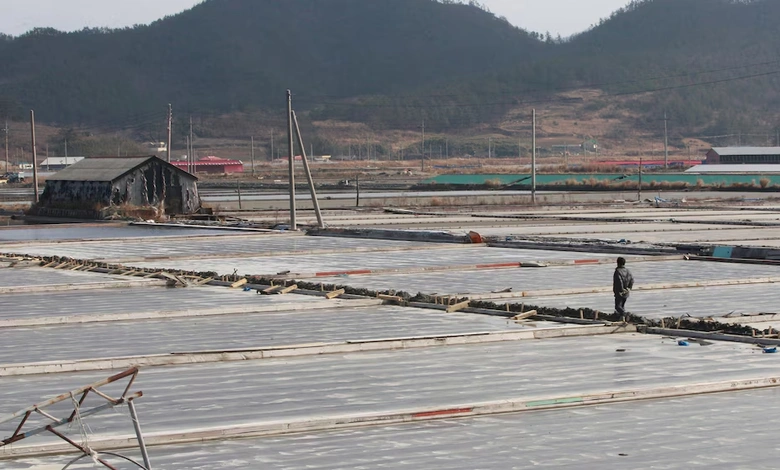U.S. Bans South Korean Sea Salt Over Slave Labor Allegations

The United States has barred imports of sea salt from Taepyung, a major South Korean salt farm in Sinan county, over allegations of forced labor. The U.S. Customs and Border Protection (CBP) issued a withhold release order on April 2, citing evidence of abuses like deception, physical violence, and withheld wages at the farm, which produces 16,000 tons of salt annually about 6% of South Korea’s total. This marks the first trade action against a persistent slavery problem on salt farms off the country’s southwest coast.
The issue gained attention in 2014 when police rescued dozens of enslaved workers, many with disabilities, from Sinan’s farms. Despite court rulings holding the government accountable including a 2019 Supreme Court decision ordering compensation for three victims labor abuses persisted, with further violations at Taepyung uncovered in 2021. South Korea’s Ministry of Oceans and Fisheries offered no immediate comment on the CBP’s move.
Lawyer Choi Jung Kyu, who pushed for U.S. action in 2022, hopes the ban will force stronger supply chain oversight and end human rights violations. The 2014 rescues revealed victims lured by recruiters, beaten, and confined for years with little pay, while a covert police operation exposed alleged ties between local authorities and farm owners. Though dozens faced charges, no officials were punished, leaving the issue unresolved.




